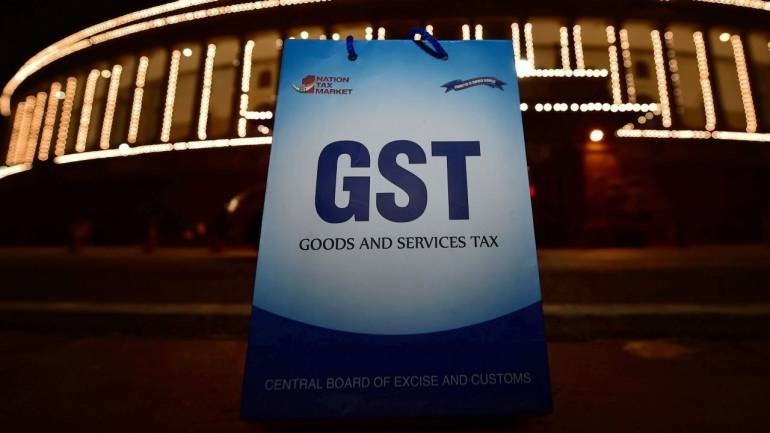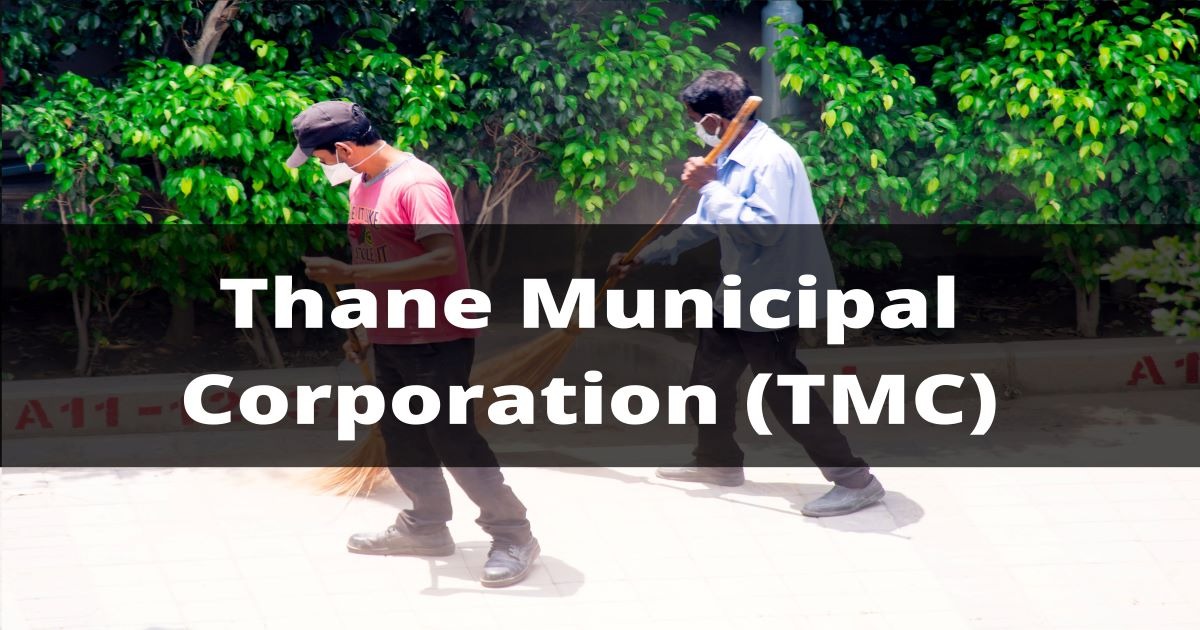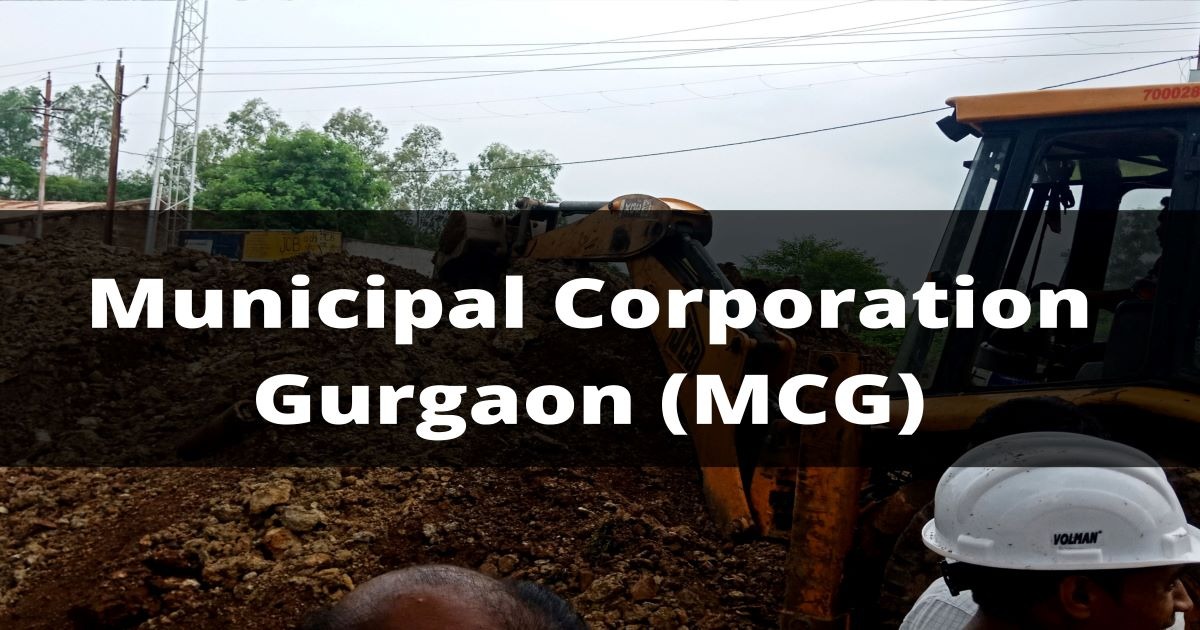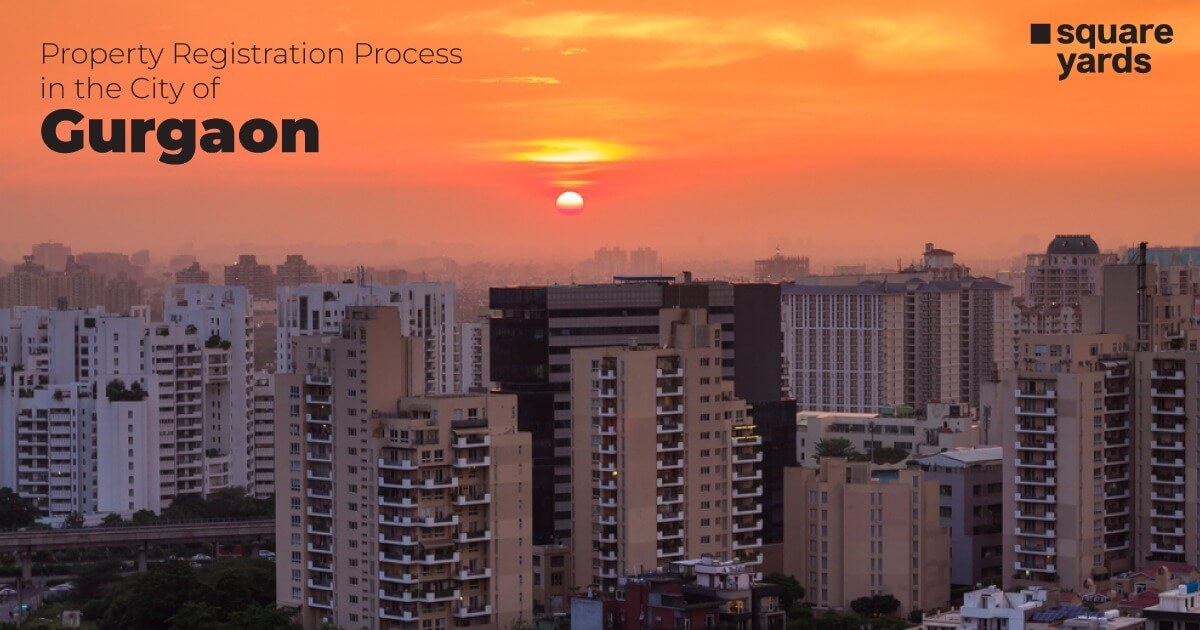The Indian real estate sector was languishing in the cans after demonetization as per several reports and studies. However, the Government has since then brought in several positive measures to revitalize the sector. These include RERA and GST which ushered in greater accountability and also the revival of customer demand through the Pradhan Mantri Awas Yojana (PMAY), CLSS (Credit Linked Subsidy Scheme) and mission of Housing for All by 2022. In the recent Union Budget for 2019-20, a slew of measures were proposed by the Government to boost real estate.
These include zero taxes for personal income up to Rs. 5 lakh, increase in TDS threshold on rental income to Rs. 2.4 lakh from Rs. 1.8 lakh, zero tax on notional rent assumption for self-occupied second homes and capital gains exemptions once in a lifetime for an individual for up to two homes priced up to Rs. 2 crore among other measures. These measures will naturally encourage home ownership and second home investments and will eventually lead to higher sales figures for the sector all throughout 2019 and 2020 as per expectations. However, the biggest move in recent times has been the cut in GST rates to 5% from 12% on under construction properties and also to 1% from 8% on affordable housing units without ITC (input tax credit). Ready to move properties anyway do not attract any GST.
Will this move really lead to higher sales figures?
Now, there is a major question amongst prospective buyers and industry watchers as to the actual reduction in prices of property by real estate developers following the lowering of GST rates. Developers have not exactly been forthcoming regarding the overall impact on pricing. However, top real estate brands have welcomed this move, stating that it will benefit all home buyers immensely. Input tax credit was previously available and now it is no longer there and this may lead to costs going up for real estate developers.
Developers may have to consider lower margins, particularly in the affordable housing category. Yet, through lower taxes for buyers, there will be more demand, particularly for unsold inventory across major cities and sales figures will go up, thereby infusing more cash flow into the Indian realty sector as per experts. Reports have stated that prices may come down by roughly 6-7% on the overall payment made by homebuyers with this GST reduction. Other experts feel that prices have already corrected in markets like Delhi-NCR although they may come down a little in Bangalore, Mumbai and Hyderabad.
Reports state that on paper, GST reduction of 7% on under construction property will prove lucrative for homebuyers. If a home is priced at around Rs. 50 lakhs, then there will be a reduction of Rs. 3,50,000 in GST paid by the buyer. This benefit, as per some experts, will be witnessed to a larger extent in smaller metro cities and other tier-II and tier-III cities of the country since prices are lower for the same. As it seems at the moment, this 7% reduction overall for both under construction and affordable housing units will lead to higher sales volumes in both categories. However, prospective buyers may wait it out for some more weeks prior to the implementation of this decision. Input taxes are roughly 2.5-3% of the selling price as per estimates and this loss of ITC will be accounted for by real estate developers while pricing apartments. As a result, some experts state that in reality, under construction properties may see the overall reduction being anywhere around 4-4.5%.
Other key aspects to bear in mind
Not offering ITC to real estate developers will lead to higher sales figures but lower margins for the builders as well. As a result, real estate brands may rework their pricing for housing units. Builders may also absorb some of the higher costs on account of the withdrawal of ITC since there will be higher sales volumes to benefit from in the long haul. There may be increase in developer costs but they may be largely offset by growing sales figures as per some experts.
Additionally, many more homes will come under the affordable housing definition as specified by the GST Council, namely priced lower than Rs. 45 lakh and sizes less than 60 sq. metres and 90 sq. metres for metros and other locations respectively. There will be a lower gap in pricing between completed realty projects and those under construction. Additionally, the later will see a pick-up in demand and builders will now focus more on lower-income group as per reports. Approximately half of under construction supply in the top cities of the country is priced below Rs. 45 lakh as per estimates and hence the lower GST rate of 1% will drive huge demand and improve overall liquidity for real estate developers. The new GST rates will come into effect from 1st April 2019 and home buyers will wait for some months before proceeding to purchase property as per reports. Developers will also be re-evaluating prices as a result of this decision. Yet, the fact remains that builders may look at scaling up their base property prices in order to offset losses of input tax credit (ITC). Developers will have to maintain their own margins by raising prices by close to 2-4% as estimated by experts.
There will be higher sales volumes in smaller cities since the overall supply levels of homes priced up to Rs. 45 lakh will naturally be lower in prime metro cities. The overall land costs are also expected to influence the outcome of this decision, particularly for real estate developers. With land costs being almost 50% or more of the overall project cost in cities like Mumbai, this decision may boost developers in the city. However, prices may have to be hiked by developers in cities like Bangalore where costs of land are close to 33% or slightly more for the total project cost.
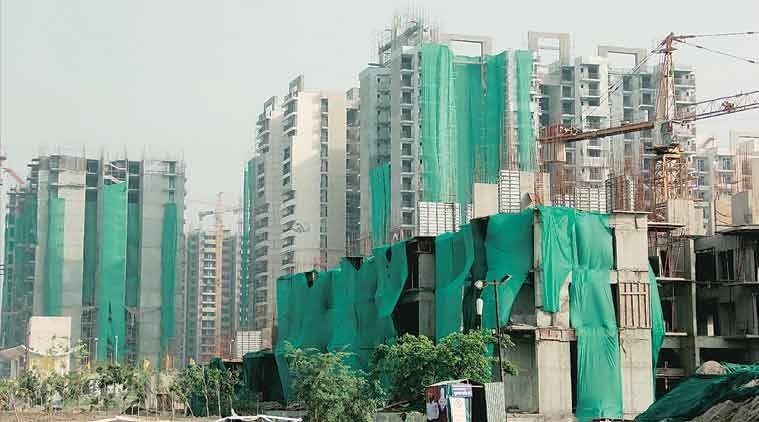
All in all, sales figures should certainly go up this year as far as Indian real estate is concerned and the cut in GST rates will definitely boost the affordable housing sector immensely while helping real estate developers clear off unsold inventory faster.


